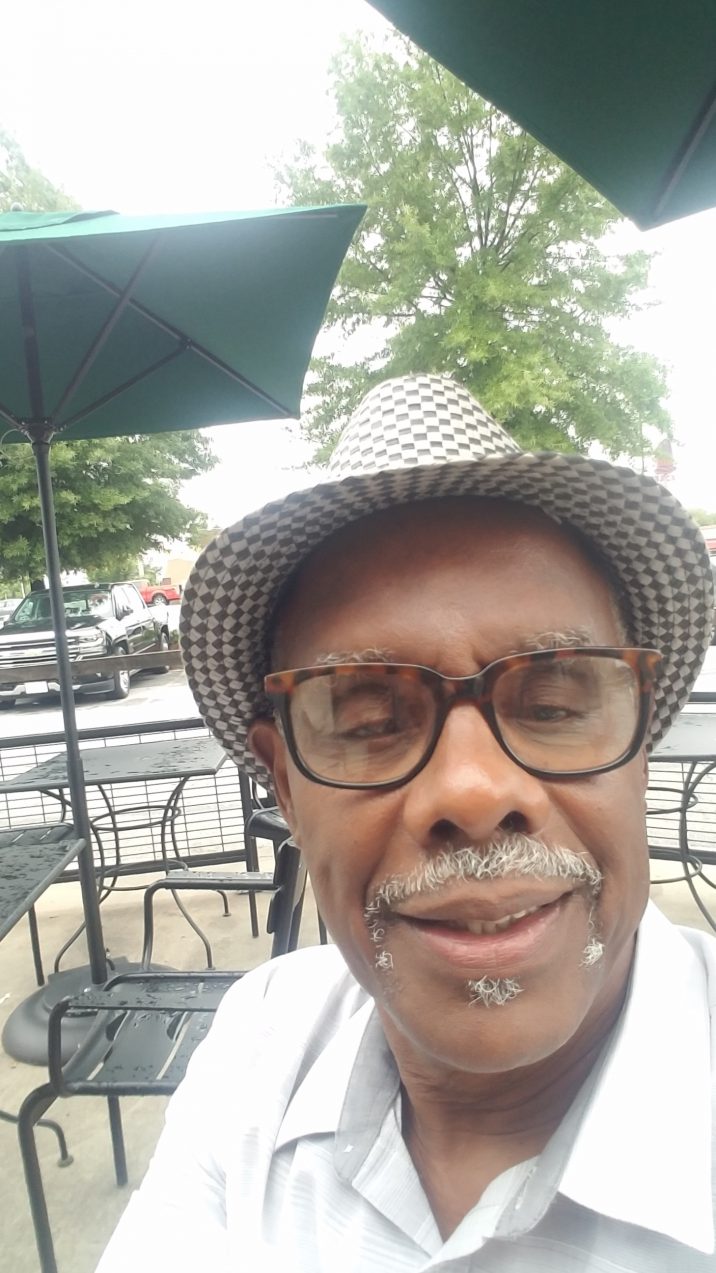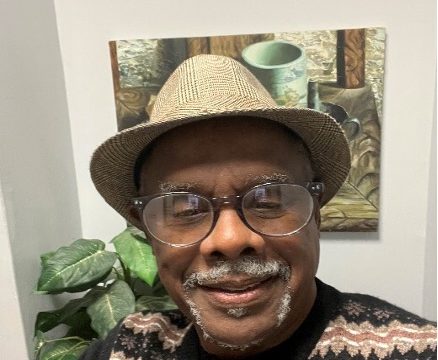

Hey readers, can I get a show of hands by those of you who ever said or did something to a person different from you – say by disability, age, race, religion, culture, gender, etc. – that you probably offended and may not have had you known more about that person? If no, I have a bridge in Brooklyn I can sell you, dirt cheap. If yes, welcome to the human race.
Hold that thought for now. Let’s begin with silly me.
Now before you go high fiving in delirious agreement with what I said about myself, whoa, hold on, allow me to explain. High five me at the end of this narrative.
You see, I was naïve enough to think that I could finish part two of “Breaking the cycle of racial conditioning” and move on to something else. But little did I know – but should have known – that with those two installments, I let the proverbial “toothpaste out of the tube” and couldn’t stuff it back inside. In other words, readers wanted me to go deeper on certain parts of the articles. So I’ve cut a few lines of interest and pasted them below starting with this from Eric in the checkout line at a local supermarket.
“Hey Terry, we loved your last two articles on racial conditioning and really look forward to a third one. Are you planning to write another?”
“After reading your articles as a 60-year-old white guy who has probably offended others over the years, I’m interested in learning more about things done or said by me or by a person of color that may cause misunderstandings,” wrote Mark.
“As a white person reading this, given the completely different responses to the “we don’t see you” comment, how could I explain those two different responses to another white person? And if you are a person of color reading this, what explanation would you use to explain those two different responses to another person of color?”
“Now although I have no clue as to answer the second question since I am not a person of color, I thought about how I would answer the first one but came up short. The only answer I could produce depends on who I’d pose the question to. Even then, I would have a conversation with a person of color who I have a trusted relationship with for insight on the second question plus their advice of how I could respond to the question should I pose it to a white person. This one is quite thought-provoking I must say.”
Like a journey into the unknown realm of relationships I’ll go deeper with an expansion of the last line inpart two – “The best time to develop a relationship with someone different from you is not – I repeat, NOT when you need to…but when you DON’T!
Let that sink in for a minute.
Now let’s explore some situations when you find yourself needing to develop a relationship with someone before potentially offending them. (Note that this will work best if we leave space for an apology and forgiveness on both sides of any problematic interaction):
- You confused someone of a particular ethnicity with someone else
- You assumed someone was of a particular religion and discovered afterwards that you were dead wrong
- You assumed that there was a “stranger” in your neighborhood but discovered later that he was a resident
- You figured that a six-foot, eleven-inch guy you spoke to in an airport was a basketball player – “how is the air up there?” – and, unsmilingly, he said that he was a concert pianist.
- You spoke to a business owner you thought was a man and found out that it was owned by his wife
- You cracked a joke about someone’s sexual orientation, unaware that he/she was present
- You raised your voice to blind person who was not hearing impaired
Now if any of these have been your experience, how did you feel? And what conclusions may that person have made about you?
Turning now to some possibilities for developing relationships with someone different from you by race, gender, age, culture, etc., in the following category before you put a proverbial “foot in your mouth” (or “tasted leather” as we used to say):
- Doctor
- Potential new boss
- Teacher
- Daughter/son in law
- Customer service representative
- Customer/ client
- Attorney
- Police officer
So what may you want to find out about them after you’ve established a relationship?
- How they prefer to self- identify
- Their families
- Their faith/religion if they have one
- Their hobbies
- Their goals
- Their life experiences
Here’s the deal. The time we spend getting to know about those different from us not only minimizes the gaffes, blunders and embarrassments that may accompany them, but can be eye-opening, addictive ….and downright enjoyable.
“I have learned that growth is a process of leaving the familiar behind and attuning myself to the unknown until it becomes the new familiar,” wrote Gene Unterschuetz in Longing stories in racial healing. “The challenge is to be attracted to the unknown, secure in the knowledge that that there I will discover my real self.”
Now can I get a few high fives?
© Terry Howard is an award-winning trainer, writer and storyteller. He is also a contributing writer with the Chattanooga News Chronicle, The American Diversity Report, The Douglas County Sentinel, Blackmarket.com, co-founder of the “26 Tiny Paint Brushes” writers’ guild, recipient of the 2019 Dr. Martin Luther King, Jr. Leadership Award and 3rd place winner of the 2022 Georgia Press Award.,.



An excellent article. We all have issues, and we need to focus on loving our brother and sister regardless of the color of skin. I can assure you that I have some Indian’ blood in me because of my high cheek bones and my skinny legs did not come from the Afro-American race. For me, because of negative connotations associated with the Afro- American race it instilled courage and proud in me.